EMQ » September–December 2023 » Volume 59 Issue 4
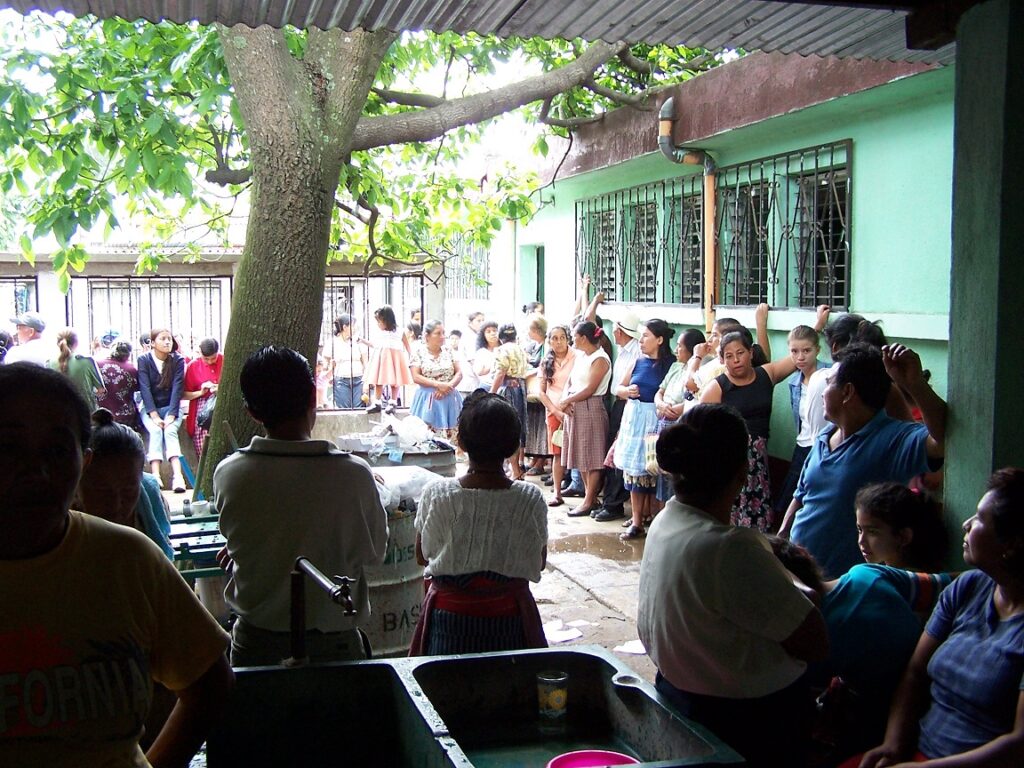
Summary: Global healthcare challenges are complex. Attempts are regularly made to remedy them with technical solutions that do not address root causes. This often perpetuates problems and can cause unintended harm. Putting more focus on knowledge, understanding, and wisdom, can help us step back enough to develop better ways to meet the healthcare needs of people in the most needy places.
By Michael Soderling
“Am I really making a difference?” The first time I asked myself this question, I was at a turning point in my career. At the time, I was a full-time medical missionary in Central America, and periodically I worked with short-term healthcare teams that visited from North America.
One of these teams visited the same village each year, working out of the community clinic while the local staff (with some exceptions) went on vacation. These medical jornadas, as they are referred to in some locations, were week-long clinics designed to see and treat as many patients as possible.
During one of these jornadas, we were tucking ourselves into our sleeping bags on top of our mobile cots, when someone knocked on my door. I was informed that a woman who had been in labor for a couple of days had shown up with her husband.
The one clinic nurse who was helping our team didn’t know this couple. They seemed quite poor, and it soon became clear that she’d had no prenatal care. I am trained as an OB/GYN physician, so I gladly agreed to see her. The rest of the team assembled to help, and we made do with the tools at our disposal (which wasn’t much).
The woman delivered an active and crying, though a bit thin, baby boy somewhere around 1am. Then a surprise second baby boy was born shortly after. He, too, was relatively healthy, but underweight. The medical team was thrilled with the outcome. It was a great opportunity to take photos to share with friends, supporters, and churches to show the value of our work.
A year later the team returned (not all the same members), and I agreed to accompany them to the same village to work out of the same clinic. During our busy week, the young couple whose twins we had delivered appeared in the long line outside the clinic door. They were holding just one baby who appeared severely malnourished and close to death.
“Where was the brother?” we asked. “How was he doing?”
“Dead,” they told us.
Their financial situation made it impossible to feed two babies. My heart sank.
“Does what I do as a medical missionary even matter?” I wondered. “Am I really making a difference?”
In that moment, I had to face the fact that it takes more than technical solutions to solve complex global health challenges.
Knowledge, Understanding, and Wisdom
There had to be a better way. I set out to discover it. After scouring potential resources online, I came across Dr. Daniel Fountain’s workshop entitled “Building a Healthcare System.” From 1961 to 1996, Dr. Fountain was a medical missionary in the Democratic Republic of the Congo. When he returned to the US, he began teaching others the important lessons he and his wife, Miriam, learned while serving in one of the most difficult locations in the world.
Attending this in-depth workshop radically changed my perspective. Dr. Fountain taught the central importance of seeing health as a biblical concept, and that it was God’s desire that his people live lives of health and wholeness. Disease and suffering cannot be eliminated, but anyone can in any condition or circumstance can experience the shalom (peace) that comes with knowing Jesus the Messiah intimately.
I learned how to focus on the person as an integrated whole – mind, body, and spirit – and that the most effective way to practice whole person care was by using a team-based approach. I developed a deeper grasp of the significance of culture as it applies to addressing the complex challenges in global health. After the course, Dr Fountain’s landmark work – Health, the Bible, and the Church –became a frequent reference I turned to when encountering new challenges.[i]
One of the most important concepts Dr. Fountain taught during this workshop relates to Colossians 1:9, “And so, from the day we heard, we have not ceased to pray for you, asking that you may be filled with the knowledge of his will in all spiritual wisdom and understanding ….” Dr Fountain explored the meaning of the three key words in this passage with us: knowledge, understanding, and wisdom.
Knowledge in Colossians 1:9 is the Greek word epignosis – a precise and correct knowledge. It is used in the New Testament to refer to knowledge of things ethical and divine. We might think of it as intuition we develop or aligning to God’s truth. For healthcare professionals, this could mean acquiring a thorough knowledge of the people, culture, and geographic area where we will serve. We might ask questions like:
- What are the health services already in place?
- How well do they function?
- What is the population being served?
- What are the economics of the area?
- What are the educational opportunities?
- Is the church present here, and if so, what is the status of the church in this region?
- If there are local churches, how do they get along?
- If we are working with one particular church, how will that impact the community dynamics when we leave?
The next word is understanding. This is the Greek word synesis (root of the English word synthesis). It means to run together, flow together, mentally put together, or integrate. Connecting this with knowledge, we might say a flowing together of acquired knowledge or intuitive, integrative insights. As healthcare professionals, we might ask questions like:
- Why are incomes so low in this area, and why is the population so under-educated?
- What can we identify as the root causes of the broken healthcare system and poor health services in this community?
- Why do the assigned doctors often not show up to see patients?
- Why are there no churches here or why are there so many small local churches?
- Why do we need to keep coming here each year?
- How might culture be contributing to the health challenges we are facing?
- How does the community understand where sickness and disease come from?
- What language do they use to express health, healing and wholeness?
The last word we looked at is wisdom (Greek: sophia). This is something we are all encouraged to seek. I see this as applying truth (gained through epignosis and synesis) to our experience. As healthcare missionaries, I see this meaning that what we did would be planned according to the thorough knowledge and understanding (truth) we acquired beforehand. The conduct of our work would not be based on shallow knowledge – perhaps acquired from only a single local pastor who reported inadequate local health resources. We’d research more in depth before acting without wisdom and likely causing more harm than good.
What Are We Getting Ourselves Into?
This paradigm recognizes our need to act wisely based on knowledge and understanding. This lies at the heart of what Steve Corbett and Brian Fikkert speak to in their immensely popular and influential best seller, When Helping Hurts.[ii] In this work, the authors note the importance of knowing what type of situation you are putting yourself and your team into. Is it relief, rehabilitation (I prefer recovery), or development. Understanding this wrongly can and often does cause more harm than good.[iii]
Relief is needed after a major natural disaster like a tsunami, earthquake, or typhoon. The need is to stop the bleeding and stabilize a community of hurting patients. This is the arena of disaster relief specialists, of which there are many who do great work. Samaritan’s Purse (samaritanspurse.org) being one of them.
Recovery can occur once the bleeding is mostly stopped. Basic services are being restored though the majority may still be living in tents. Major problems remain, but things have stabilized and are improving for the most part. Lives are no longer at the same level of risk.
Development is the longer and more involved process of assisting communities toward true flourishing. It moves them toward the abundant life Jesus mentions in John 10:10: “I have come that they may have life and have it abundantly.”
Some experts, such as Bryant Myers uses the term transformational development. Myers states “I use the term transformational development to reflect my concern for seeking positive change in the whole of human life materially, socially, and spiritually.”[iv] This is the type of situation into which I see most healthcare efforts being sent or maintained. But are these outreaches planned and conducted with the right mindset?
Health For All Nations: Acknowledging Complexity
There is one final way in which we can effectively understand and address this enormous challenge. That being to adequately understand what type of problem/challenge we feel called to address. I have come to appreciate this from two different ways of understanding problems. Both are very similar.
The first is a model described by David Snowden[v] that understands challenges as being of four different types. They are simple/clear, complicated, complex, and chaotic.
Clear/simple problems are what healthcare practitioners encounter most frequently. It is why we go through such extensive training. A presenting complaint is one you have been trained to diagnose and treat. For example, if urination is frequent and accompanied with pain, the problem is a urinary tract infection. The treatment is an antibiotic. If a fetus is in distress during labor, do an immediate cesarean section.
Complicated would be a patient who presents with symptoms that don’t fit a simple diagnosis. In my OB/GYN practice an example would the problem of chronic pelvic pain. There were some cases where the root cause can be identified, but many times there is no obvious source for this very real pain. I would then make a referral to another specialist who might make a diagnosis outside of my area of specialty. Perhaps it is due to irritable bowel syndrome or Crohn’s disease or is a consequence of an abusive relationship in her past. Another expert with a different specialization makes the diagnosis.
Complex problems are what Christian global health efforts mainly try to address. During the height of the COVID-19 pandemic, we consulted with a leader running a hospital in a restricted access country. They were facing the very real possibility of closing their doors because of factors related to COVID-related restrictions. They were unable to perform elective surgeries –a major source of income that helped sustain the hospital. Four expats on their staff could not return to this country and place of service in the hospital. This further impacted their income flow. Then the government required the hospital to invest in personal protective equipment (PPE) that they could not afford.
Another challenge we would consider complex is the fact that at least 4.8 billion people of the world’s population do not have access to surgery.[vi] Great effort is being made to overcome this challenge (see paacs.net),[vii] but it has not been easy. It remains a complex challenge.
Other complex challenges are particular to girls and women. For example, many young girls are subject to mutilation of their genitals as a means of becoming marriageable in many cultures, and many women die needlessly from complications of pregnancy.
The final type is chaotic, which has been previously discussed. This is a post-natural disaster situation. Stop the bleeding. Save as many lives as possible. Stabilize the situation.
Technical vs Adaptive/Complex
The second way of understanding problems/challenges is from a technical vs complex/adaptive perspective. The Kansas Leadership Center (kansasleadershipcenter.org) conducts training based on the work of Ronald Heifetz, Marty Linsky, and Alexander Grashow, from their book The Practice of Adaptive Leadership: Tools and Tactics for Changing Your Organization and the World.[viii] In the KLC Framework e-book they state:
An adaptive challenge is a problem, issue or opportunity that demands a response outside your current repertoire – you don’t have the information you need or a checklist you can follow to make the problem go away. Your usual tools won’t work, and your expertise is not enough. Addressing an adaptive challenge requires motivating people to change by engaging and challenging both their hearts and their minds. Making progress means helping people navigate loss and helping them do what is necessary instead of what is comfortable.
Most often, we try to treat adaptive challenges as if they were technical problems. Technical problems are easy to recognize because you’ve seen them before. You either know the steps to solve them, or you can depend on someone else to make it happen.
Adaptive challenges are different; they are not clearly defined and require learning
to understand what is going on. The solution also requires developing new tools, methods, and ways of communicating. People will need to change. Systems will need to reinvent themselves.[ix]
All this learning and reinvention takes time.
Adaptive challenges are about changing priorities, beliefs, habits, and loyalties for the sake of a compelling purpose. The differences are illustrated in the following chart:[x]
Table 11.1 – Contrasting Technical and Adaptive Work
| Technical work | Adaptive work | |
| The Problem/Challenge | is clear | requires learning |
| The Solution | Is clear | Requires learning |
| Whose work is it? | Experts or authority | Stakeholders |
| Type of work | Efficient | Act experimentally |
| Timeline | ASAP | Longer term |
| Expectations | Fix the problem | Make progress |
| Attitude | Confidence AND skill | Curiosity/humility/willing to take risks |
The two approaches overlap. Technical work coincides with managing the simple/clear, complicated, and chaotic situations described by Snowden. Whereas dealing with a complex situation requires adaptive work. This forms the basis for the adaptive leadership model described by Heifetz, Linsky, and Grashow.
Can Complex Global Health Challenges be Solved?
I believe solutions to global health challenges can be found. But to find and implement them will require a major paradigm shift in the thinking and actions of those of us who seek to address such challenges. We will have to abandon the notion that technical solutions can solve complex challenges.
For example, in the scenario I described at the beginning, we were using a technical solution (short-term medical clinics) to address a complex community health problem. The technical solution we used, curative care, was useful for some cases, but it did not address the deeper, more complex reasons people were suffering needlessly in this community.
Another example: For more than 100 years the church has been building and trying to maintain hundreds if not thousands of mission hospitals in the most difficult parts of the world. But these, too, illustrate how we use a technical solution to address complex challenges.
Dr. Fountain once told me he felt as though Vanga hospital, where he worked, was a dent-and-fender-shop. What he meant was that he spent most of his time dealing with preventable problems that had their roots in community issues that existed outside the walls of his hospital. It was a technical solution (curative, hospital-based care) intended to meet a complex health challenge.
Those involved in health-related outreach would do well to consider if the challenge they are called to address is a technical (easy/simple, complicated, or chaotic) or complex/adaptive. If complex/adaptive, how can they wisely address the challenge? How will the challenge be addressed through adaptive work?
Perhaps the most complex global health challenge facing the church today is that so many ethne (people groups) have no witness to Jesus available to them. How is this a global health challenge, you may ask? We believe that humans should be understood and treated as integrated beings who have a mind, body, and spirit. Each element plays a key role in the overall health of that person.
If one’s spirit is not connected to the Creator God, through his Son (Jesus the Messiah), and with the indwelling of the Holy Spirit, then one cannot truly be healthy. The fact that perhaps more than 40% of the world’s population cannot experience the shalom of Christ means it is perhaps the most complex global health challenge the church faces.
Can the church deal with this challenge? I believe the answer is yes. In a recent article in Missions Frontiers, I shared about a friend who has been using short-term healthcare outreach as a means for catalyzing movements to Jesus among an unreached people group.[xi] This happened because this frontier mission fieldworker and the local team he worked alongside had the right mindset. They studied their context. They identified and invited people of influence in the community to the health outreach clinic, and they treated them with appropriate respect. The local team was in charge of the conduct of the clinical encounters, and the visiting Western healthcare professionals worked under their supervision.
Local team members were carefully trained to know how to ask health-related questions of those coming to the clinic that led to spiritual conversations. And if patients expressed interest in further discussion, the team followed up them in the context of their own home with other family members present. This was adaptive work to address a complex challenge in a part of the world where the church did not yet exist.
It can be done, but not without many undergoing significant mindset shifts. Those involved in this complex task need time, perseverance, patience, and wisdom from the Holy Spirit.
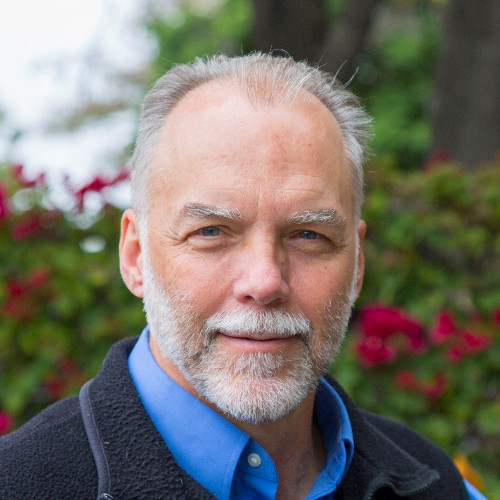
Michael Soderling, MD, (mjsoderling@gmail.com) was in private practice (OB/GYN) for 10 years before following God’s call to serve in Central America for 11 years. Upon returning to the US in 2012, Mike became the director for Health for All Nations (healthforallnations.com), a project of Frontier Ventures (frontierventures.org). It is his calling to connect, convene, and catalyze toward the goal of health (shalom) for all nations (ethne).
[i] The digital version of this Billy Graham Center monograph is available upon request, or find Dr. Fountain’s book, Health for All: The Vanga Story (William Carey Library, 2014).
[ii] Steve Corbett and Brian Fikkert, When Helping Hurts: How to Alleviate Poverty Without Hurting the Poor … and Yourself (Moody Publishers, 2014).
[iii] Corbett and Fikkert, When Helping Hurts.
[iv] Bryant Myers, Walking with The Poor: Principles and Practices of Transformational Development (ORBIS, 2011), 17.
[v] Dave Snowden, “The Cynefin Framwork,” CognitiveEdge, July 11, 2010, video, accessed April 25, 2023, https://youtu.be/N7oz366X0-8.
[vi] Blake C. Alkire, Dr. Nakul P. Raykar, Mark G. Shrime, et al, “Global Access to Surgical Care: A Modelling Study,” The Lancet Global Health 3, no. 6 (June 2015): E316–E323, accessed April 25, 2023, https://doi.org/10.1016/S2214-109X(15)70115-4.
[vii] “PAACS – Pan-African Academy of Christian Surgeons,” accessed April 25, 2023, https://paacs.net/.
[viii] Ronald A. Heifetz, Marty Linsky, and Alexander Grashow, The Practice of Adaptive Leadership: Tools and Tactics for Changing Your Organization and the World, 1st ed. (Harvard Business Press, 2009).
[ix] The Kansas Leadership Center, The KLC Leadership Framework,e-book, 4, accessed April 25, 2023, https://kansasleadershipcenter.org/wp-content/uploads/2019/07/KLC-Framework-E-Book.pdf.
[x] The Kansas Leadership Center, The KLC Leadership Framework, e-book, 6, accessed April 25, 2023, https://kansasleadershipcenter.org/wp-content/uploads/2019/07/KLC-Framework-E-Book.pdf.
[xi] Michael Soderling, MD, “The Seventh Station of Short-Term Healthcare-Related Missions Outreach,” Mission Frontiers 44, no. 5 (September 2022): 33–37, accessed May 1, 2023, https://www.missionfrontiers.org/issue/article/the-seventh-station-of-short-term-healthcare-related-missions-outreach.
EMQ, Volume 59, Issue 4. Copyright © 2023 by Missio Nexus. All rights reserved. Not to be reproduced or copied in any form without written permission from Missio Nexus. Email: EMQ@MissioNexus.org.





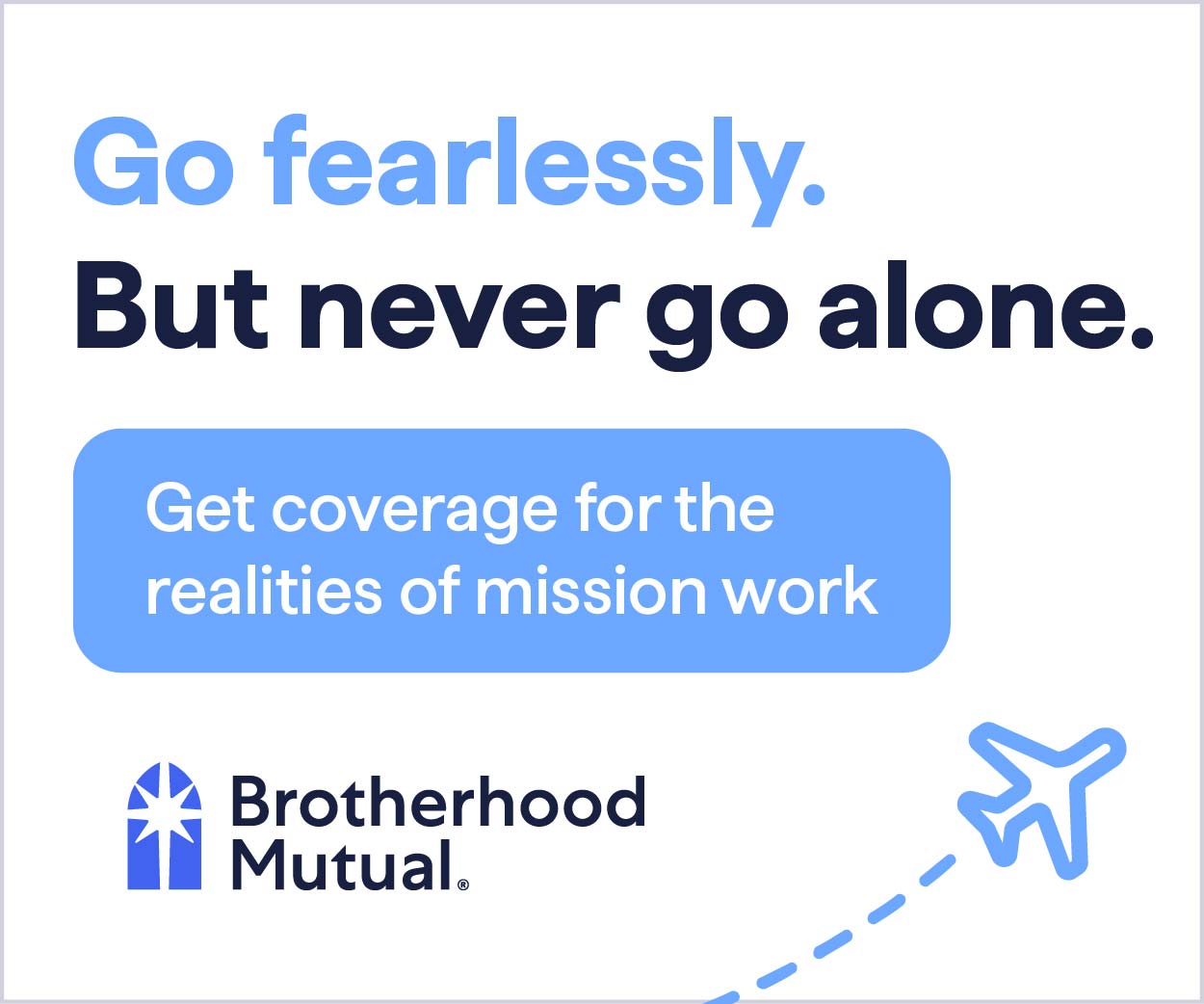

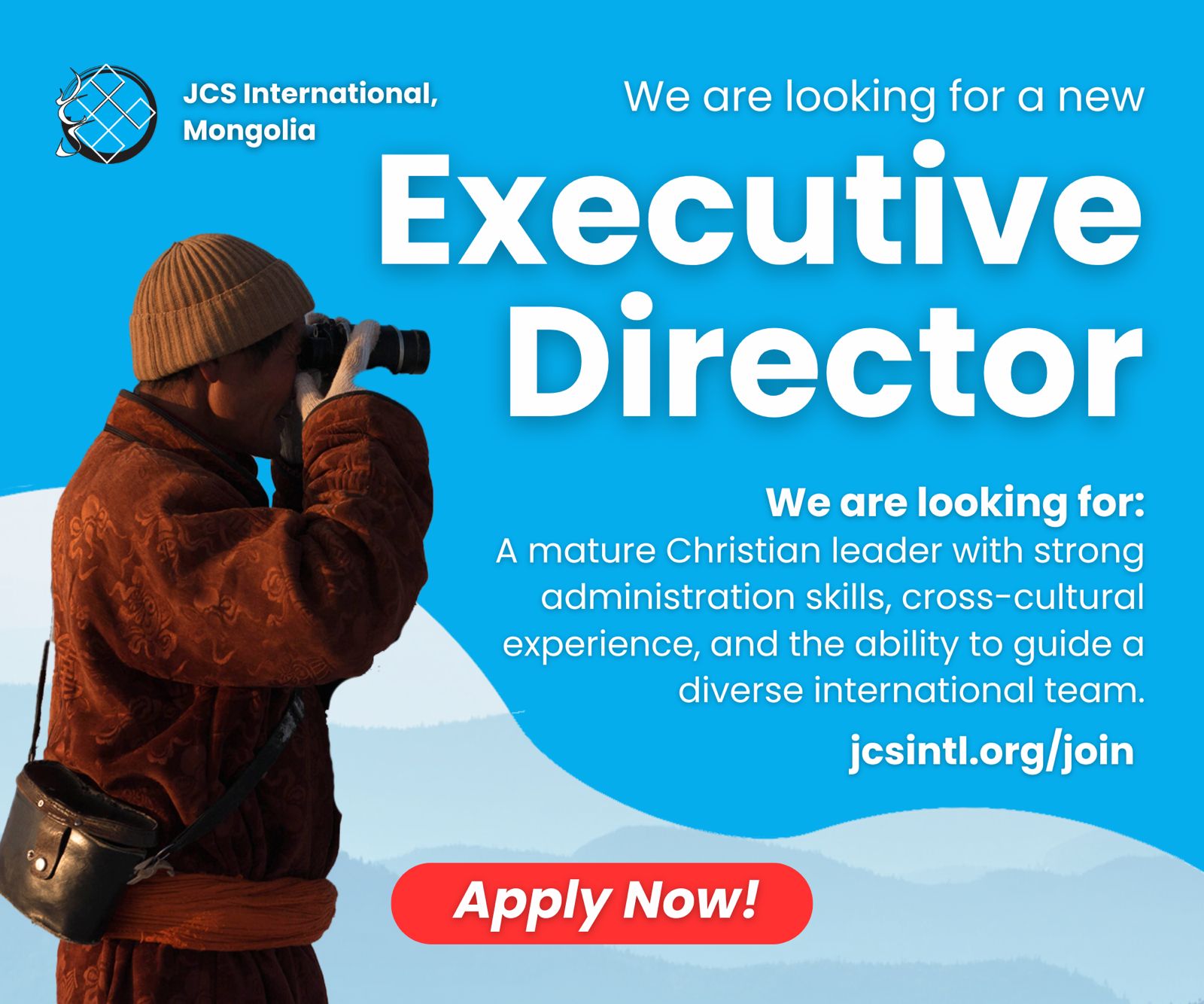
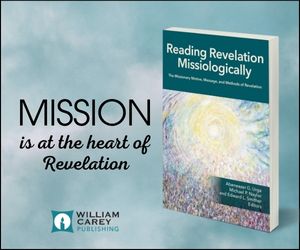
Responses